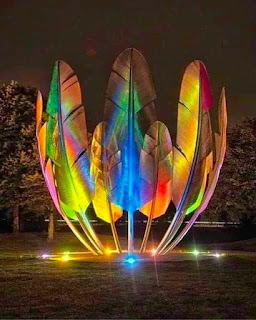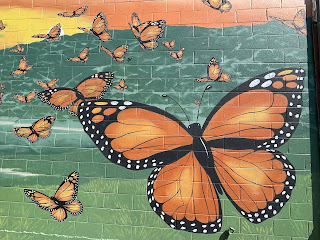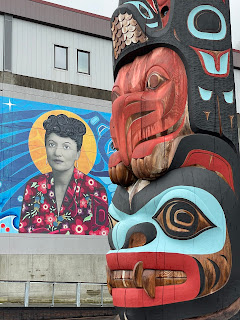If you think about it, oftentimes we are helpless. For instance, babies when they are born need consistent feeding, nurturing, and protection. As we enter our teenage years, we need guidance and encouragement. As adults, we encounter new situations where an easy answer is not readily available.
Maybe helpless isn't the issue: we need help; we need family and community.
 |
| Who can help me? (Photo: Baby Photo - 11 hours old) |
Observing life's phases, I have noticed physical changes -- just look in the mirror and I see change! -- as well as mental and spiritual changes. As life has become more complex, I have realized how much help I need from others to understand the changes occurring around us... just look at the misunderstandings, suspicions, and hate directed at people who are different.
To be honest, I don't always understand my own thoughts and inconsistent actions let alone those of others... just look at what we say about our values... and then observe our actions.
 |
| Are you confused by our world right now? (Photo credit: Internet download) |
Rather than feelings of being helpless, I wonder if we should change our mindset to one of being helpful. Part of this shift might be the nurturing of curiosity about the other person: encouraging questions about their needs, desires, hopes, and dreams. It might require space for mystery, wonder, and discovery: what don't I know, and what can I learn? It might open the door to humility and trust: I don't know the answers; I believe that we can help one another.
 |
| Where can we learn from one another? (Photo credit: Internet download) |
As I travel around my neighborhood, city, country, and world, I notice what is familiar and unfamiliar, where I feel like I belong and where I am uncomfortable. I also notice when I adapt to and resist change.
As we learn more... about ourselves and others... I wonder if we can:
- Relax and experience each moment.
- Refrain from labeling and categorizing.
- Respond with kindness, care, and compassion.
Maybe this week we can take a step closer to understanding that "Who I Am" and "Who We Are" are bridged by helping the helpless, protecting the vulnerable, and healing what separates.
 |
| Larry Gardepie (click on link for website) |












